Without SMPTE ST 2110 and AMWA NMOS the anticipated progress of the plug and play IP (PnP) era would have stalled in ugly fashion.
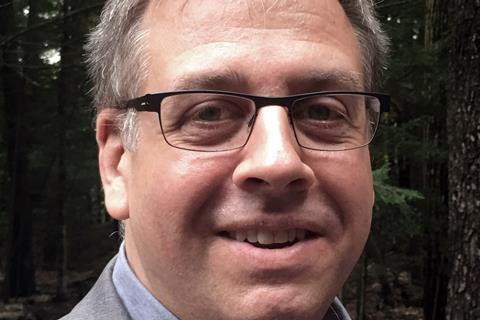
As things stand, proprietary protocols compensate for what is missing from IP, and SMPTE itself is changing its processes to accommodate agile and flexible software projects. Reacting to these key trends, Thomas Bause Mason, director of standards development, warned: “There is a misconception that 2110 solves it all. That is not true.
“It is the transport of video, audio and data. SMPTE ST 2059 does the synchronisation and NMOS is trying to handle control, but putting these pieces together is hard,” he added. “JT-NM TR 10001-1 is doing a good job of pulling them together, but it addresses perhaps only 50% of what is needed. The rest has to be made up by those proprietary elements.”
Bause Mason identified the core problem: “What I hear is that the features needed to build a fully functional IP infrastructure in open standards and specifications are missing. And there is little adoption of AMWA NMOS due to a lack of features, and it is not a standard.
“One of the missing features is certainly a PnP mechanism, and we just started an effort in our 34CS (Media Systems, Control and Services) technology committee to find a remedy,” he added. “Most likely a study group will look into what standards work needs to be done.”
Covid-19 has had a huge impact on SMPTE thinking. Bause Mason said: “The pandemic has accelerated the need for distributed production and the establishment of an Airbnb like sharing economy for media. This economy will be built on the cloud and software services. The industry will define its workflows in the cloud.”
SaaS will push the SMPTE focus towards standards for software projects, and it maintains a GitHub account to hold software depositaries. “We created several reports on how standards development and software work together, and we introduced early public access to some of our draft standards,” said Bause Mason. “Public CDs and FCDs will allow for faster implementation (alpha or beta software) and increase industry feedback.
“The ST-2110 group is working on document revisions. Part 22 [compressed video over RTP/UDP/IP] is done and the group has moved onto high bandwidth streams over multiple network interfaces,” he added. “It is also working on parts 41 and 42 for the transfer of general-purpose metadata over IP. Lastly, there is a look at uncompressed SD video transport over IP [part 24].”


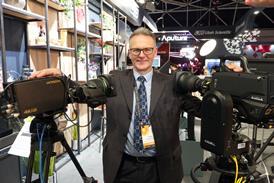

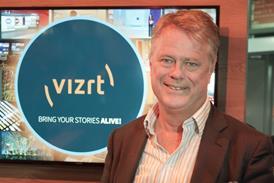
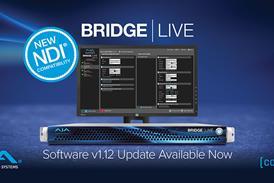

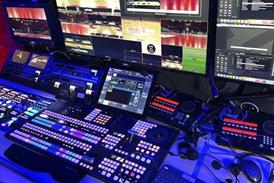
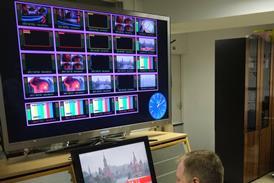


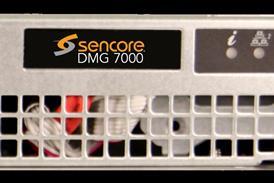
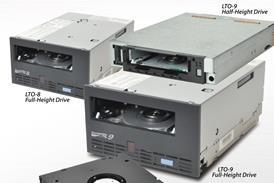
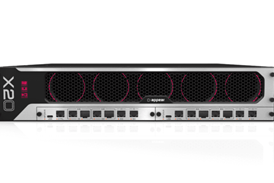

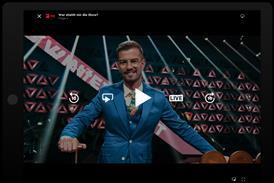
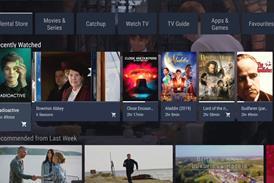


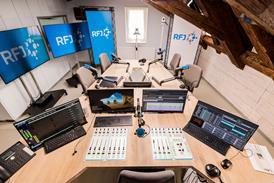







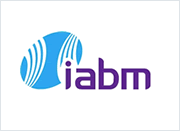





No comments yet